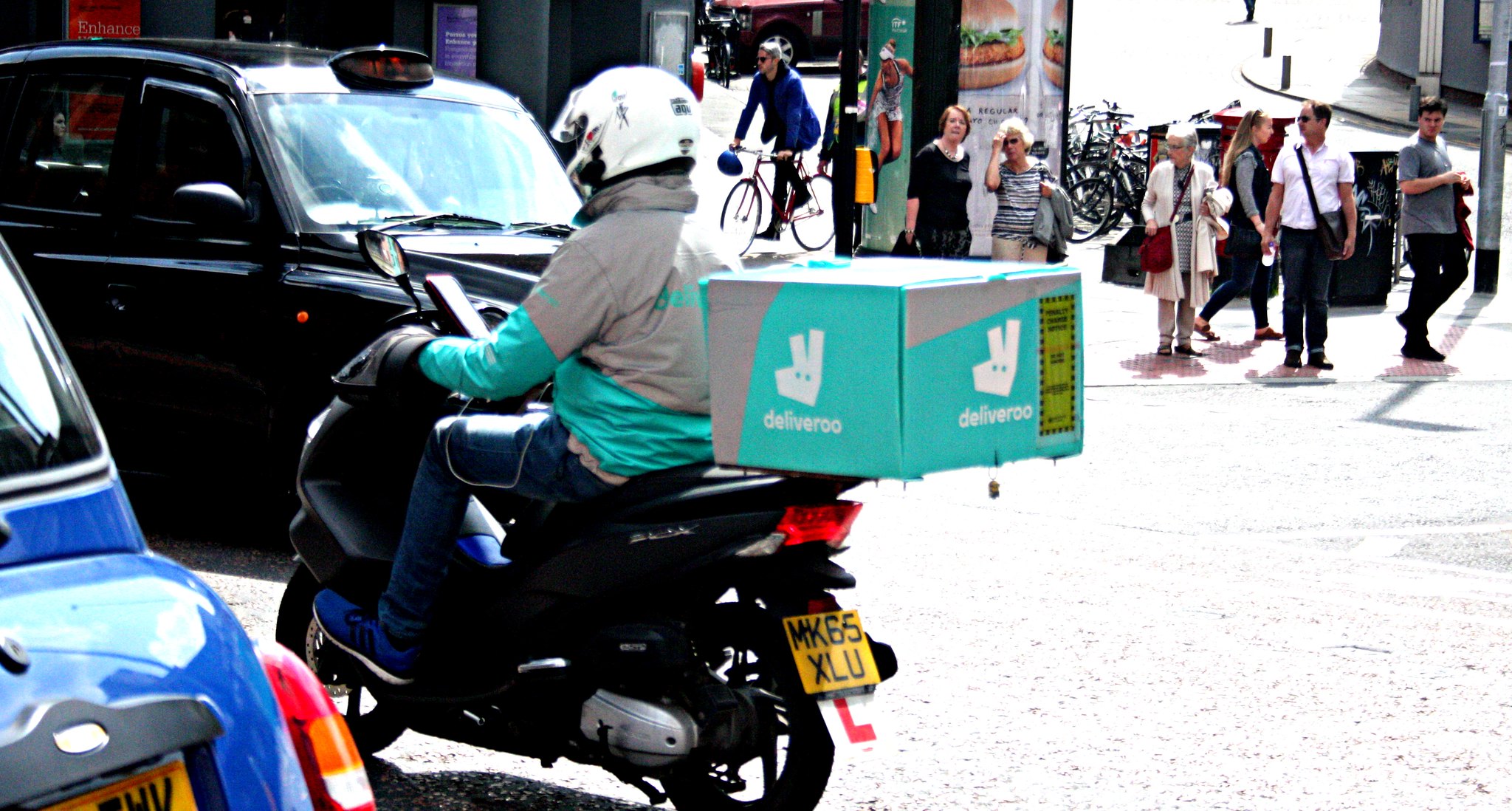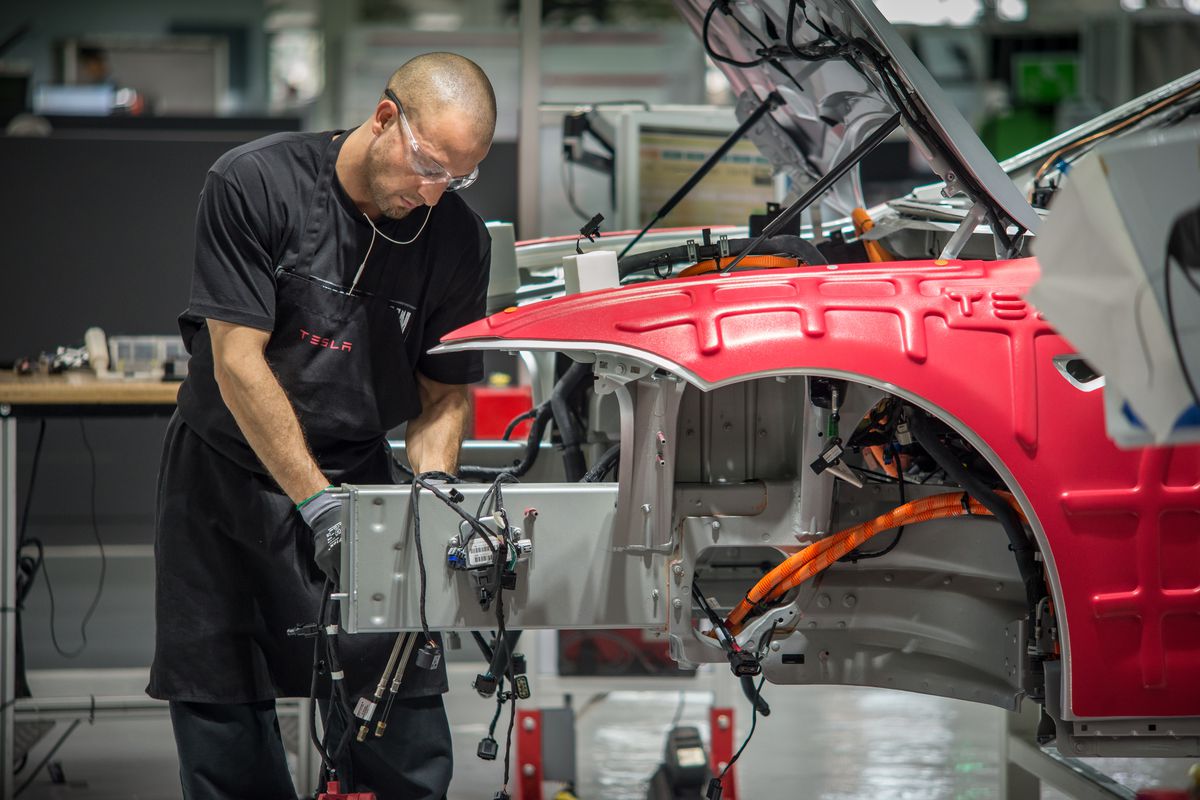Many local authorities in the UK have become a haven for co-operative friendly politics, especially Regional Metro Mayors. In Manchester, Andy Burnham has set up a co-operative commission, Dan Jarvis made South Yorkshire the first regional partner of the Ownership Hub and Jamie Driscoll has created a fund worth £2 million for support for co-operatives in the North East.
In May, South Yorkshire will elect a new Mayor, to replace Dan Jarvis, and while the general public with cast their ballots in May, Labour members are currently voting on who to nominate.
Lewis Dagnall has been a Sheffield City Councillor for the previous 6 years and is running for Mayor with the backing of Unite and GMB alongside many CLPs in the region.
He has made new policy on transport and climate change two key planks to his Mayoral bid; speaking to Mutual Interest, he mapped out his plan for the region, and how co-operatives could play a role in his vision for a brighter South Yorkshire.
Publicly Owned Transport
Transport has been the main focus of Lewis’ campaign as he believes the “South Yorkshire’s public transport system is appallingly broken, in 30 years we’ve seen passenger numbers absolutely collapse, it’s just not working” and he believes ridding the system of extractive private companies is key to delivering better results.
“The private sector said they’d be creative, but when they need investment, they ask the public sector to bail them out. Parts of Sheffield and Rotherham have illegal levels of air pollution, yet the bus companies have said they can’t afford to run new buses, we need a bailout to pay for buses, that’ll they’ll keep by the way.”
Instead, he wants to bring the buses and trams back into public ownership to “lock wealth into the system” instead of seeing it go to shareholders like Stagecoach, who have taken out profits year after year with next to no investment into the system.
However, where Lewis is different to the average Labour candidate is how he envisions the system being run. He explained, “It’s not enough to have something in state ownership.”
“I see public ownership at a local level in South Yorkshire as a creative opportunity to put passengers and workers in charge of these services because they know what’s best.”
“There are so many decisions made that if you asked the passengers, they know they’re wrong. If you asked the bus drivers, they’d know as well. I’ve joined Unite bus drivers who are in dispute with stagecoach at the moment they’ve been saying to me: they run the wrong buses on the wrong routes and, they cut the wrong routes but the bosses have made those decisions over their heads.
“The principles of co-operative management will lead to a better service.”
Rather than total council control, he wants the system run co-operatively with passengers and employees electing the board, including a specific representative for elderly and disabled passengers who are reliant on the service, who would manage the company.
Community Wealth Building
His plan to re-energise the local economy centres around Community Wealth Building, a local economic strategy pioneered by Preston’s Labour Council which, has added £200 million to the city’s economy.
The model works by identifying ‘anchor institutions’, large institutions like schools and hospitals which lots of money flow through, and getting these institutions to change their suppliers to local co-operatives and other local small businesses.
Lewis wants to utilise Community Wealth building to bring a “vital modal shift of our economy, from an extractive to a pro-investment model, and only by promoting local ownership and local supply chains do you lock the wealth in.”
“The more money we lock into local businesses and local supply chains, the bigger they get, and in the end, we’ll have a much stronger economy.”
To achieve this, he’s keen to get more local businesses and co-operatives involved in procurement by “harmonising procurement practices and then, make a clear prospectus to small businesses and co-operatives about how they become a public sector supplier”.
Lewis was keen to highlight how much of a difference this could make, as previously, the public sector has favoured large suppliers. By changing procurement practices, money can be “injected into the local and co-operative economy”. Co-operatives have historically struggled to get government contracts so this move would be welcomed by the sector.
Green New Deal
All candidates have spoken about climate change but, Lewis has particularly strong backing from environmental activists, including the co-founder of Labour for Green New Deal. One unique policy that has potentially created this support is his Green New Deal bond. Similar to the Community Municipal Investments, featured in Mutual Interest’s recent article, the bond would allow local investors to use their money to finance new public programs that would help reduce emissions, such as renewable energy projects.
Lewis explained he didn’t want to have to beg the central government for additional funds stating, “We need to raise finance somehow, and standing for election and saying we’re going to beg the government for money, for me, isn’t a good enough answer. We need to look at all the options.”
The bond would provide South Yorkshire residents with a decent return on their savings and allow the authority to undertake numerous projects that would be economically prosperous and reduce the area’s carbon emissions.
West Berkshire, a council that has utilised a similar strategy, used the investment to install EV charging points throughout the district and install solar panels on the roofs of council buildings.
“Inherent to the idea is mutuality so that people who have some money spare can lend some money to help finance projects that need it, and both will benefit because we will reduce carbon emissions and we’re making people’s lives better.”
His exact plans for what the bond will finance, however, are still TBD, not due to lack of planning, but because he wants investors to have a voice in how their money is used.
“I think the people who finance the green new deal bond could have a say on how it goes. That would deepen the sense of mutuality and involvement and might make people invest more.”
According to a report by the Place-based Climate Action Network, “a majority (73%) of UK investors would consider investing in the product” and, this policy could gather additional revenue to help build a pathway to net-zero for the region.
Co-operative Development
Co-operative management of transport is not the only place Lewis wants new models of ownership, he’s keen to build on the work of Dan Jarvis, who created the partnership with the Employee Hub.
Lewis wants to accelerate the Hub’s progress so it can start “supporting a range of businesses, from full-blooded co-operatives, who signup to all the co-operative principle including co-operation amongst co-operatives but in manufacturing and industry we have several important employee-owned businesses, such as Swann Morton, who don’t identify as part of the movement in the same way but they are interesting models to show to industry, so they can move towards these ideals” and bring companies towards worker and community ownership over time.
His other policies to promote co-operatives include Providing seed funding and business support to cooperative housing and promoting meaningful apprenticeships by offering business management training to co-operatives and if you want to view his full range of policies you can do so here.





